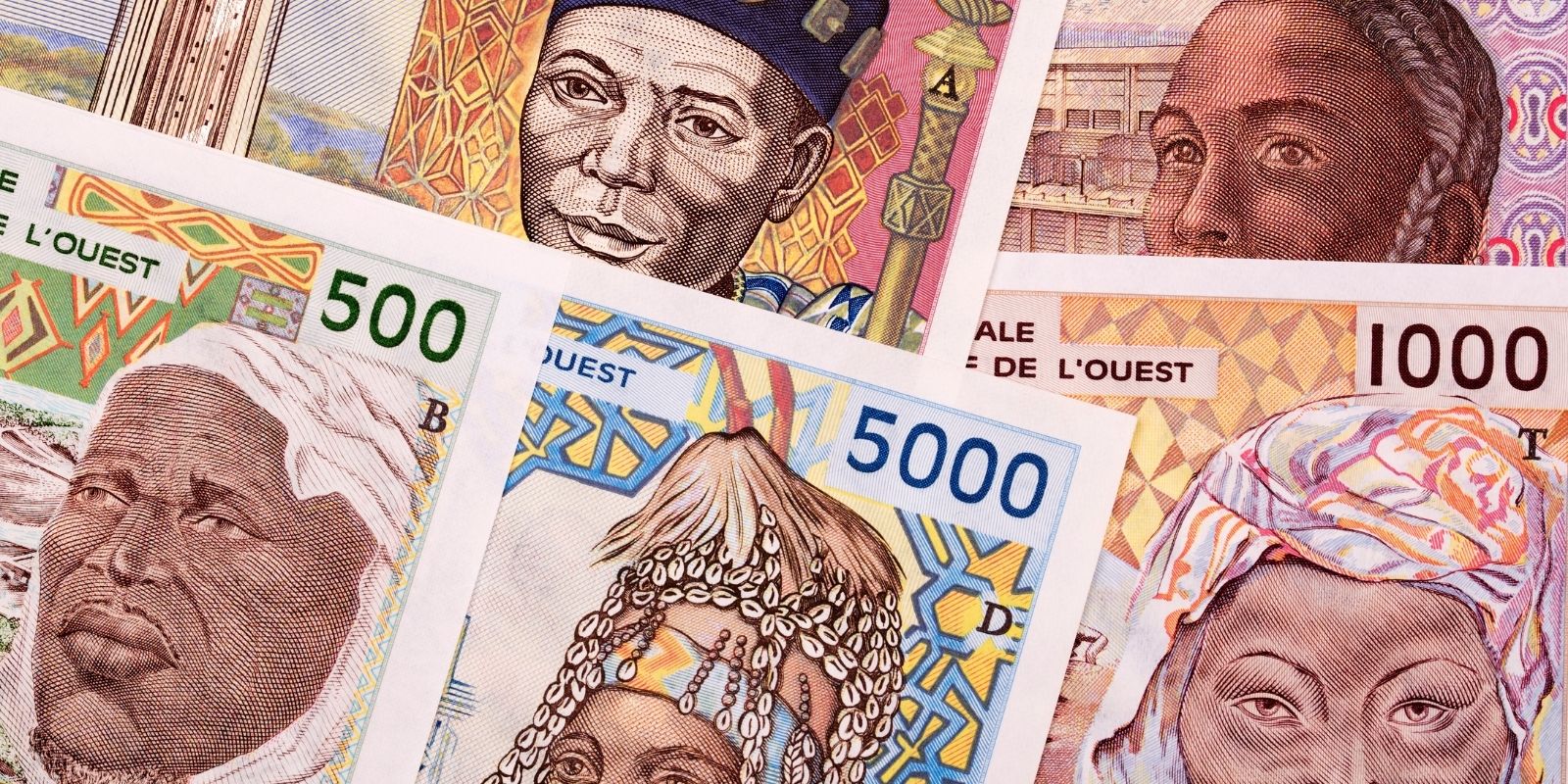- The West African region has approximately 385 million people
- Adopting a regional currency would aid in the removal of trade and monetary barriers.
- Have Nigeria and Ghana who are examining their own central bank digital currencies lost faith in the common currency project?
Digital currencies are killing the ambition of having a common legal tender, the Eco, in Western Africa.
Work that has been done for over two decades to realize the Eco appears to have gone down the drain as Nigeria surfaces its central bank digital currency, the eNaira, and Ghana prepares to launch its own, the e-cedi.
What is a central bank digital currency (CBDC)
It is the virtual, electronic, or digital currency of a country. CBDCs are regulated by the Central Bank of a state.
Read: Copper gives Zambian Kwacha’s muscle against the US Dollar
Nigeria and Ghana are the first countries to roll out such projects in West Africa. Experts have expressed their concerns that the emergence of central bank digital currencies will sabotage the common currency project.

Adopting a regional currency would aid in
- The removal of trade and monetary barriers.
- Boost Economic activity in the region
- Improve the living standards of the people (the region has approximately 385 million people).
- Reduce price manipulation of exports.
- Avoid the friction involved in converting one currency to another.
The Eco was proposed in 2003. It has undergone multiple postponements in its implementation. The most recent launch was set for January 2020, but it never happened.
According to officials in both Nigeria and Ghana, their digital currencies aim to promote financial inclusion by bringing people who do not have access to banks into the financial system.
Finance professionals, on the other hand, believe that the currency’s time has come at a time when efforts to embrace the ego are stumbling.
“If Nigeria and Ghana are examining their own central bank digital currencies, it shows that they are losing faith in the common currency project,” said Ahmed Kone, a researcher at Bamako University of Social Sciences and Management in Mali.
Criteria that must be met prior to the adoption of the e-Eco
For a digital currency to be realised in West Africa, four convergence requirements must be met by each member state.
- Attain a single digital inflation rate at the end of each financial year.
- A fiscal deficit equal to or less than 4 per cent of gross domestic product.
- A deficit financing of not more than 10 per cent by central banks from the tax revenue of the previous year.
- Inclusive external reserves that can serve import cover for not less than 3 years.
Read: Senegal ‘resource curse’ lessons from mistakes of other African countries
There is no single country in the region that has ever achieved all of the above requirements. These requirements are a major hindrance as most countries find it hard to achieve most of them.
“The criteria are too strict and they do not reflect the realities of our Economy,” Muhammad Umar, a senior fellow at the Nigerian branch of the Centre for Democracy and Development.
Lawandi Bahatunde, a Cote d’Ivoire financial journalist, says that Nigeria should play a major role in the ego project due to weight and influence in the region, but the country is not doing that since it has nothing to lose or gain from the region common currency.
Economists in the region are divided over the need for a digital currency. Some believe it will promote integration while others claim it will create a slim volume of trade among members in the bloc which accounts for an average of 11 per cent of members’ total trade.
A common currency has failed to prove that it will stimulate intra-African trade.
Example of Common Currency in Africa
The CFA franc has served two monetary zones for over 70 years. In one zone, the Economic and Monetary Community of Central Africa (CEMAC), inter-regional trade accounts for a low of 5 per cent. In the second zone, the West African Monetary and Economic Union (WAEMU), intra-regional trade stands at 16 per cent having been in existence since 1945.
/headquarters-of-ecowas-economic-community-of-west-african-states-lome-togo-639560039-589de0235f9b58819c8802ac.jpg)
“Currently, there is a strong desire in French-speaking Western African countries to do away with CFA francs which are considered as a colonial reminder,” Gbegnon said.
He added that a currency is an identity likened to a country’s flag or national anthem, advising the Eco’s stakeholders to take that into account if they truly want to be independent and sovereign.
Whether Nigeria and Ghana will abandon their digital currencies and jump on the Eco train is an unclear narrative, but it appears unlikely because of the significant investments put into them and the optimism by the governments to embrace digital transformations.
Nigeria had banned cryptocurrency transactions in February last year which increased the popularity of the eNaira as an alternative for cross-border trade and remittance inflows.
eNaira critics say that the solutions being offered by digital currency are already existing in online banking and bank card transactions.
If the CBDC succeeds in Nigeria and Ghana, it will motivate other countries in the region to adopt the same, which will push the Eco further away from being launched.
Read: Kenya’s monetary policy to be under continued hostage throughout 2022










